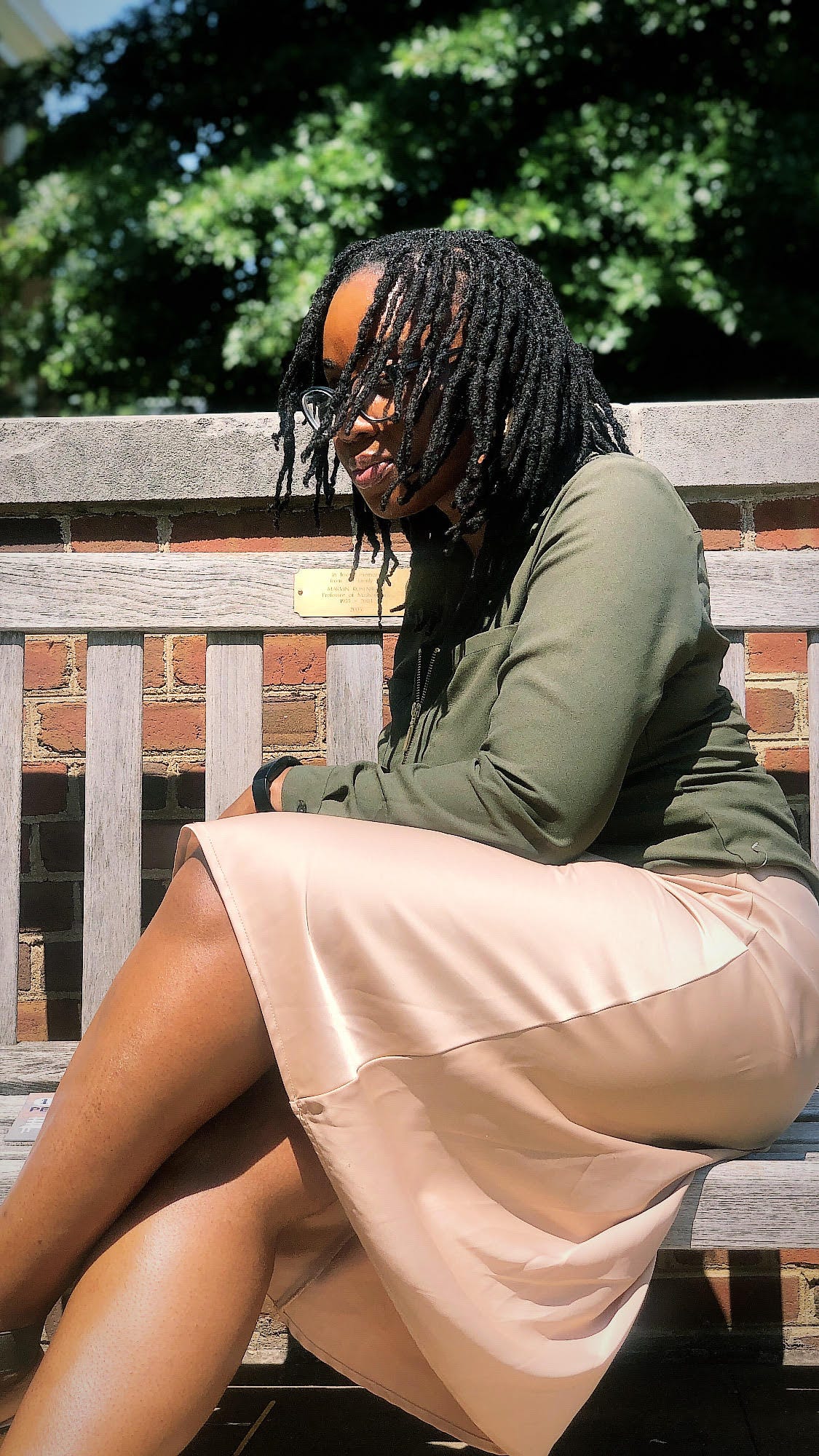I have recently returned to dreaming about my deceased mentor; the first man to call me a writer, the first to pay me for it. In this version of the dreams, we discuss his first wife, also deceased. She’d died in a plane crash that claimed tens of school children going home for the holidays, a haunting national tragedy. In the dream, I take on the role of an interrogator. Is it true that there was a fire on the plane, I ask. Was it hot? Did it burn? Was it the fire that killed your wife?
Our exchange is non-verbal, as my dream conversations sometimes can be, but the words are clear to me in my drunken state of wakefulness. In the dream, I watch him closely as I reel off the questions. Finally, I ask: And what about you? It has not been clear what the meaning of this final question is, even to me. But at this point in the interrogation, the look in his eyes become vacant. Avoidant. Then the dream ends. I wake up and I remember that he is gone. His first wife is gone. His second wife, too, is gone. I carry their deaths as a pang in my heart, alongside the words of the prophet, Isaiah: “A man of sorrows, acquainted with grief.”
There’s a part of me that likes to play psycho-analyst, haunted as I am with the specter of secret meanings. So I turn to these dreams with a kind of practiced rigor, searching for meaning. It is as if I could empty the night of its contents and find something of significance, like a dollar when I turn out my purse on laundry day. But my brain - without assistance - is not often capable of wisdom. I think now about the famed 20th century neurologist, Sigmund Freud, who was perhaps also obsessed with the meaning of things, and so started journaling his own dreams, as well as the dreams of his patients–as thorough as one can imagine. It was the height of the scientific renaissance, and in order to make a truth claim as a scientist, the research had to be replicable - systematic. It had to follow certain methods, so Freud’s attempt to raise his dream-interpretation to the status of science was to map them out and draw connective threads across them. Based on his findings, Freud believed that dreams were the symptoms of repressed desires–often of a sexual, even incestuous nature–that bubbled to the surface. But the science world to which he was endeared has since dismissed his findings, not that I have ever, myself, been convinced by such a claim. Thanks for nothing, Sir.
I often tell myself that what I feel for my deceased mentor is not grief; that particular brand of suffering can, surely, only be felt within the registers of close family members: his children. His siblings. His friends – all the people who were dependent on him. Grief belongs to those who have loved you in close quarters, not the prompted but mindless mourning of social media, for instance. Besides, we had not seen or spoken in nearly four years - my mentor and myself. A few months before his death, he had requested that I call him. I did not call him. I had left the church which he pastored, then I left the country to pursue a life of letters, running blindly towards those early words he’d spoken to me. It was not out of malice that I’d stayed away, but maybe it was out of something worse - indifference. Then, he died in the chaos of another loss. It feels exactly as Isaiah said, “A man of sorrow, acquainted with grief.”
Of course, Isaiah was speaking in prophecy of the coming Christ whose inevitable death was the redemption of humanity. And my mentor – a good man indeed – was no Christ. I cannot think of anything his death might redeem. Yet, sometimes I wonder: What if the quarrel that death has is not personal. Not specific. What if it is against life itself. Against time.
I have been thinking about Edward Said’s theory of “Late Style,” which was interestingly, published posthumously, three years after Said himself succumbed to his twelve-year battle with leukemia. Said’s argument in that work is that there are artists, thinkers who develop a distinct style in their later years, and that this style is often marked by unresolved tensions (questions?) that flow from a profound consciousness of their own mortality. This late style is not always aesthetic in nature, I think. It is not an argument about form and beauty per se, but about rigor, about complexity, even as tiring as it seems, about output. Essentially, it is an argument about time. Being IN time. Thinking in time. Working inside of time (at least this is my own understanding). Said essentially suggests that the contemplation of death or time can infuse an artist with unique depth and poignancy. I agree with Said. But I also know that this is just as true for Beethoven as it is for an obscure farmer. Was it not Christ himself who said, “I must work the works of him that sent me, while it is day: the night cometh, when no man can work.”
This is not to say that the idea of death necessarily translates to intellectual or artistic re-invention. But there is something about the confrontation with one’s own death that touches that soul. To confront the inevitable, and to sit in the tension of that confrontation, day and night. There are very few people who get this opportunity - if at all one might call death an opportunity. Forgive me for sounding morbid, but there are many people for whom death will come sudden and complete; hopefully a painless mercy. But what about the death that does not come readily? The kind that is not always certain in its verdict - that aggravating encounter with a long diagnosis, an unfounded fear of mortality, or the death of living in the shadow of life. The death of a life without meaning.
The idea of grief has much cultural urgency, as it should. But for all the ways we talk about grief, we do not always talk about death. It is not merely an object of superstitious dismissal, or as another phenomenon for which we must exact victory by sheer force of willpower and belief. What if death can take a more prominent place in our discourse, not in hushed tones, but instead as a question.
And what about you?
I search for the answer in the wakeful moments from the dreams about my mentor, and sometimes when I think of Jesus Christ whose death is infused with meaning because his life was. Because his life IS. Life before death. Life after death, depending on what you are crazy enough to believe.
And what about you? I ask now of myself.
And what about your life?
Will it be finished when the time comes?
And if not, why?



